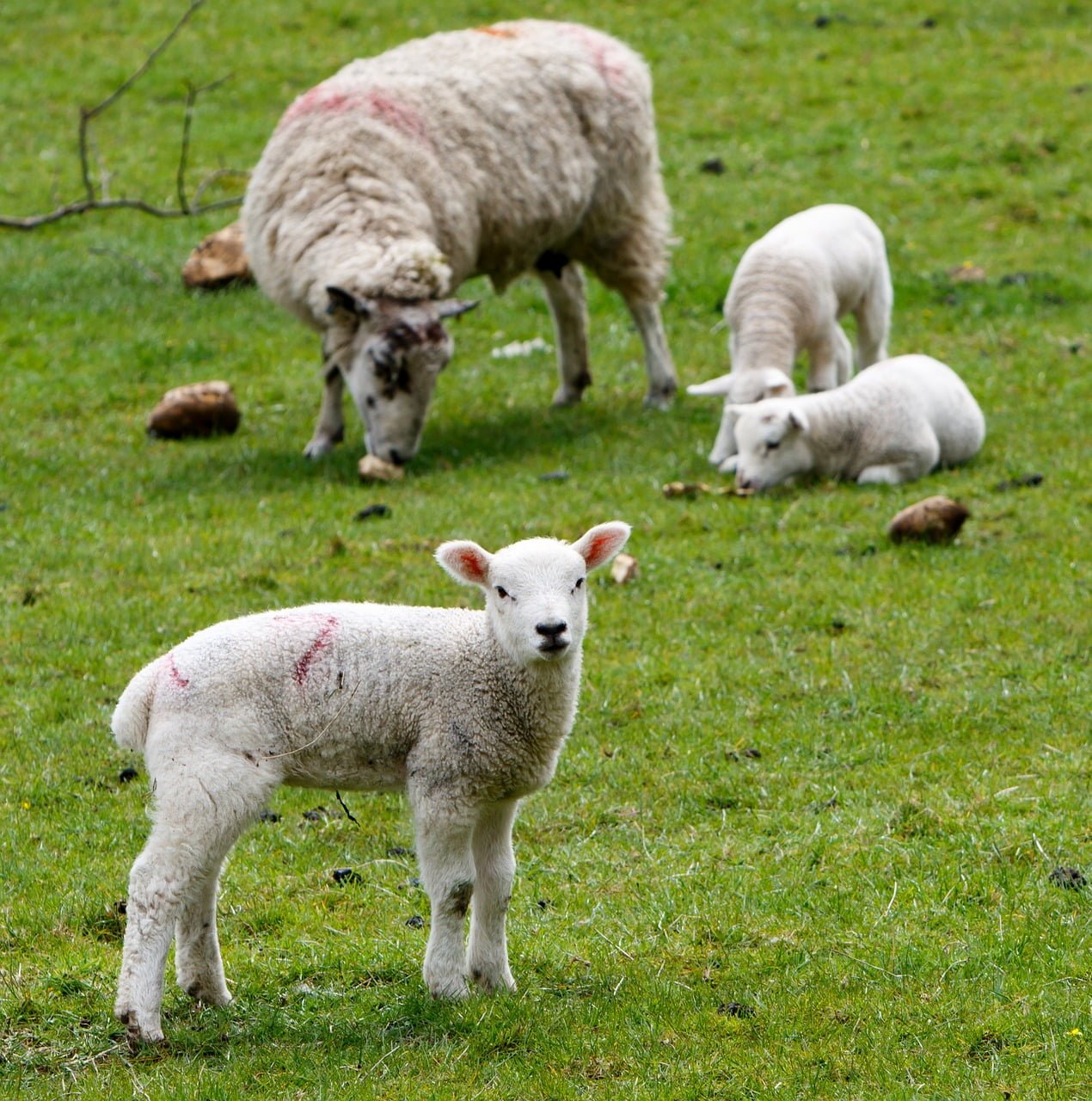Researchers have managed to create sheep-human hybrid embryos, which could contribute to the future of organ donation. The researchers would use body parts which were grown inside the synthetically created animals to transplant organs to humans. In order to achieve that, researchers decided to engineer the first interspecies of sheep-human chimera.
The researchers injected human stem cells into sheep embryos which resulted in a hybrid creature that is over 99% sheep, although it also has characteristics of humans. This human portion of embryos which was engineered in an experiment, is extremely small and destroyed after 28 days, however, the fact that it exists is what makes this whole research controversial.
“The contribution of human cells so far is very small. It’s nothing like a pig with a human face or human brain,” stem cell biologist Hiro Nakauchi from Stanford University told The Guardian.
This research extended from previous experiments conducted by some members of the same team where scientists saw successfully developing human cells inside early-stage pig embryos in the lab. The researchers described the initial, pig-human hybrids as interspecies chimeras.
Even though the “mad scientist” stereotype is present in this research, these sheep-human hybrid embryos could one day contribute to organ transplantation, as the researchers would be able to find the solution for many people who are on the waiting list for life-saving organs. Sadly, most of those people die before the compatible body parts are ready for them.
“Even today the best matched organs, except if they come from identical twins, don’t last very long because with time the immune system continuously is attacking them,” reproductive biologist Pablo Ross from the University of California, Davis told The Guardian.
Even though they are still at the beginning of the road, the organs which are engineered in interspecies chimeras could one day provide enough supply to meet the demand. Researchers see the future where there could be transplantation of a hybridized pancreas, from a sheep or a pig, to a patient who has been waiting for months or years.
Researchers believe that at least 1% of the embryo’s cells would need to belong to a human in order for this transplant to work. However, according to the scientists, if the human ratio in the chimera mix would be increased, the ethical qualms would inevitably increase too.
“I have the same concerns,” Ross explained. “Let’s say that if our results indicate that the human cells all go to the brain of the animal, then we may never carry this forward.”
Researchers said that there are no easy answers to the ethical questions that arise in this kind of research. However, it’s important to note that someone is being added to the U.S. transplant waiting list every 10 minutes, so that we shouldn’t ignore the possibilities with what sheep-human hybrid embryos could do for us in the future.
“All of these approaches are controversial, and none of them are perfect, but they offer hope to people who are dying on a daily basis,” Ross said.
“We need to explore all possible alternatives to provide organs to ailing people.”
Their findings were presented during the weekend at the annual meeting of the American Association for the Advancement of Science in Austin Texas.





